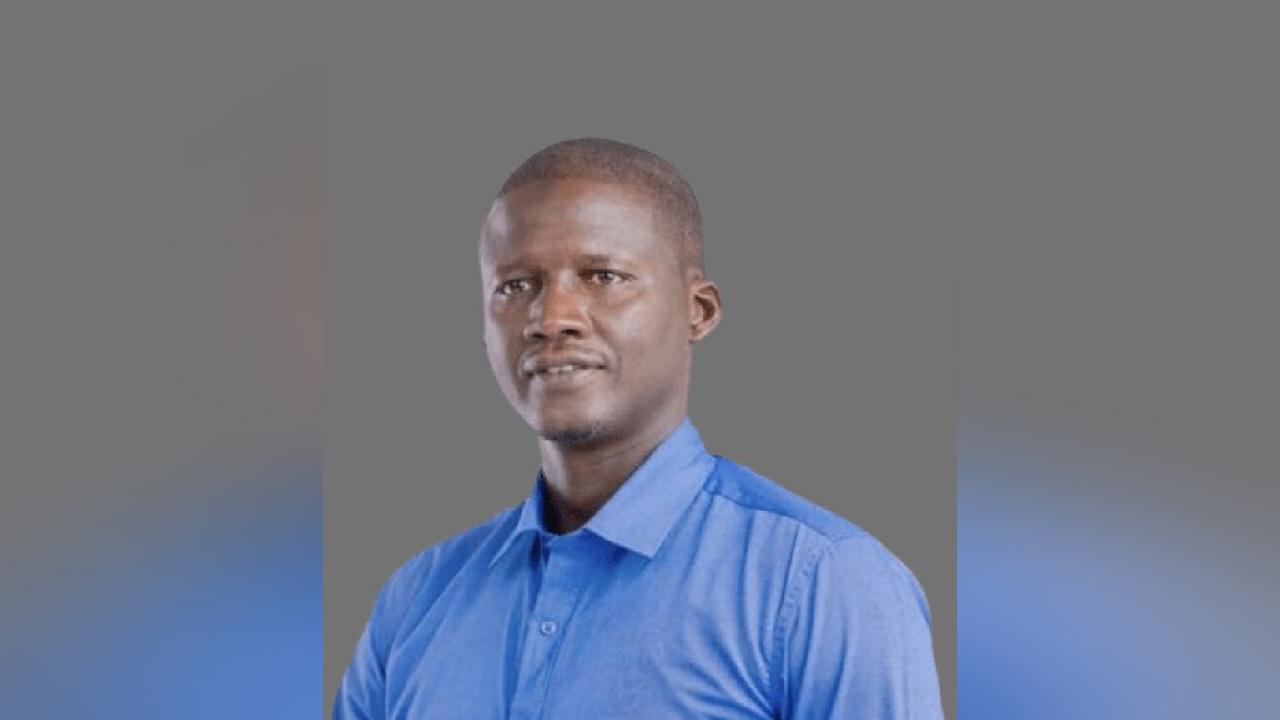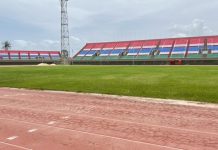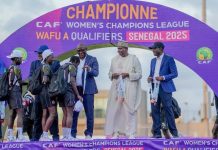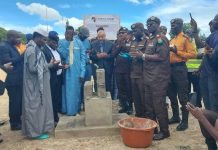Africa-Press – Gambia. The possibility that some of the properties belonging to former president Yahya Jammeh were bought by third party representatives acting on behalf of proxies, came under scrutiny at the ongoing parliamentary inquiry into how assets were disposed of by the Janneh Commission and other entities.
This comes after Lead Counsel Lamin Dibba raised concerns about the absence of safeguards by the commission to vet whether those directly involved in the purchase of tractors and other items were actual buyers or working as proxies.
He asked former commission secretary Mamadi Kurang who sold 44 tractors whether the identities of successful bidders were ascertained. Kurang replied that it was obvious that any buyer would want his or her identity mentioned on the receipt issued to them to avoid any further ownership clarity.
Asked if successful bidders were required to present any documentation to verify the names before they were issued receipts, the witness stated that some presented identity cards and other supporting documents.
“But this was not a practice you demanded. It was just optional?” Counsel Dibba quizzed. “Yes, under normal circumstances, I trust that if you give me your money and paid for an item, you would give me your correct name,” Kurang replied.
Asked if that was his personal position or that of the commission, he said: “That was my position.”
Dibba further asked: “So it was your position to make the process as easy as that”? Kurang responded: “Counsel, what do you mean as easy as that?” Dibba responded that he does not believe Mr Kurang should lay all his trust on buyers to give him their correct names. But Mr Kurang argued; “I believe everybody on my list is a bona fide individual or organisation.”
Mr Kurang further disclosed that some of the tractors were bought by private companies like Jah Oil and Ginkon Foundation and some public institutions such as GCAA.
Asked if those companies buying the tractors were required to show any proof, Mr Kurang said: “I assume that since they were spending so much money, they will give me valid names.”
He said he verified that the Jah Oil purchase was genuine since the proprietor was himself present at the auction.
Kurang argued that most of the businessmen in The Gambia were always in public view as a result of which their identities are widely known.
According to the former secretary, he also took steps to ensure persons who won the bid and paid for the money were those recorded as the buyers on the list.
On whether the commission had a policy on auction, he said the policy was that all properties must be on auction and transparent.
He said he would assume that even if someone won the bidding and bought the vehicles, they are required to take their receipts to the police licensing authority to get their vehicle transfer of ownership and particulars. “We understand the concern that there could be false buyers and that could be a threat to the integrity of the process. We know it is possible based on what we saw in other circumstances. However, the risk of a proxy buyer becomes more risky if the process is not transparent. In this case I believe the process was very transparent,” Kurang argued.
But Counsel Dibba argued that he believed in such a process, a reasonable professional would have averted their minds to anti-money laundering and terrorism financing laws. “That alone would have warranted a policy for the ascertainment of the identity of every single buyer,” he said.
Kurang argued that even though he agreed with the lead counsel’s concerns about proxies, everybody who appeared on his list of buyers were real. “I saw them, met them and it was transparent. Their names are here and if you have any reservation about the buyers on my list I am ready to take it on,” he said.
For More News And Analysis About Gambia Follow Africa-Press






